
The bus driver kicked out an 80-year-old woman who hadn’t paid for her ticket

She responded with only a few quiet words.
— Ma’am, you don’t have a ticket. Please step off the bus, — the driver snapped, eyes narrowing at the fragile woman in a faded overcoat, who clung to the handrail with trembling fingers just to keep her balance.
The bus was nearly empty, its windows fogged from the cold outside. Wet snow drifted down lazily, blanketing the streets in silence. Dusk had already taken hold of the city, painting the buildings in a wash of gray. The old woman didn’t reply. She held her worn shopping tote closer to her chest — the kind you might use for fruit at a market, only this one seemed to carry the weight of her whole life.
— I said get off! This isn’t a care home! — the driver barked louder, his irritation now a public display.
A stillness fell across the bus. The few remaining passengers shifted uncomfortably. A teenage girl by the window bit her lip and looked away. A man in a navy coat clenched his jaw but stayed seated. No one moved to intervene.
The elderly woman turned slowly, step by painful step, toward the doors. Each movement was a quiet battle against time and weariness. The doors hissed open, and a gust of icy wind struck her face like a slap. She paused on the step, her eyes never leaving the driver.
Then she said, her voice soft yet steady:
— I once brought people like you into this world. With love. And now… I’m not even allowed a seat.
With that, she stepped off into the snow and disappeared down the street, her shadow swallowed by the approaching night.
The bus sat still, its doors gaping. The driver turned away, as if hoping to escape his own reflection. Somewhere near the back, someone quietly sobbed. The girl at the window brushed away her tears. The man in the navy coat rose and walked out without a word, leaving his ticket behind. Others soon followed — some shaking their heads, some in silence — each leaving their tickets neatly on the seats.
In minutes, the bus was empty. Only the driver remained, staring into the dim, frosted windshield, the word sorry burning unspoken in his chest.
Out on the street, the woman walked slowly into the evening, each footstep dignified. Her back was bent, but her presence tall.
The next morning, the driver — whose name was Matei Dragan — reported for duty as usual. The early hour. The lukewarm thermos. The route chart. Nothing seemed different. But something inside him had shifted.
He hadn’t slept well. Her face had followed him through the night — not angry, not bitter. Just… tired. And her words echoed in his mind like a bell that wouldn’t stop ringing:
“I once brought people like you into this world. With love.”
He drove the morning route, scanning every stop more closely than usual, his eyes lingering on each elderly figure. He didn’t even know what he was looking for. To say he was sorry? To help? Or maybe just to prove to himself that he hadn’t forgotten.
Days passed. A week, almost.
Then, one overcast evening as he approached the last stop near the old train depot, he saw her. Small, hunched, familiar. The same coat. The same tote bag clutched to her side.
Matei pulled the bus to a stop, opened the doors, and stepped out.
— Ma’am… — he said gently. — I’m sorry. I was wrong that day.
She looked up at him with those tired but clear eyes. Then, ever so slightly, she smiled.
— Life’s too short for grudges, son. But I don’t accept apologies from strangers. What’s your name?
— Matei Dragan, ma’am.
— And I’m Grace. Grace Lungu. My friends just call me Gracie.
She said “friends” like a warm invitation. Matei exhaled, nervous and relieved all at once.
— Well then, Miss Gracie… would you ride with me to the depot? No charge.
She hesitated, then stepped aboard. He offered his arm; she took it, leaning on him like a child crossing a busy street.
As the bus rolled through slush-filled streets, Grace traced little spirals into the fogged window. After a while, she spoke.
— I used to ride this route every Friday. My husband worked nights at the textile factory. Even after he passed, I kept riding. Routine, I suppose. Two months ago, someone stole my purse. Never got around to replacing my pass.
Matei’s throat tightened. He’d thrown her off for misplacing a purse.
— Why didn’t you just ask someone to cover your fare that day?
Grace chuckled, not bitterly.
— Pride’s a coat warmer than this old thing. Hard to take off when you’ve worn it for a lifetime.
When they reached the depot, Matei parked and turned to her.
— Let me fix this. I’ll buy you a pass. A whole month.
She smiled, amused.
— What about next month? And the one after that? Bus passes won’t stop the world from forgetting the people it no longer sees.
He paused, then replied:
— But I see you now. And maybe… maybe others will too. If we remind them.
The next morning, Matei pinned a hand-written sign to the break room corkboard:
“Golden Hour Ride”
Every Saturday at 10 a.m.
Seniors ride free on Route 4.
Drivers: Let’s give our elders a seat, a smile, and a safe trip.”
By the end of the day, five drivers signed up. They pooled coins from tip jars to cover fares. The word spread — not through any official announcement, but from one kind passenger to another. Within a month, more than half the bus fleet had joined in. A neighborhood bakery donated breakfast pastries. A college radio station aired interviews from inside the buses.
Grace was one of those interviewed. She sat by the mic, her shopping tote on her lap.
— I’m no one important, she said. Just a grandma with sore knees. But this young man reminded me that even sore knees deserve dignity.
Matei nearly missed a turn. Tears blur steering wheels.
A few weeks later, the city’s transportation board called him in.
He entered city hall expecting a reprimand. Instead, the director held up a newspaper.
“Golden Hour Rides Spark Citywide Kindness.”
— You cost us a few fares, Dragan, the director said, almost smiling. But the press? The board loves it. We're adopting the program citywide. Every Saturday. And you're leading it.
Matei blinked. Committee? Leadership? He’d barely passed algebra. But as he left the building, all he could think about was Grace — stepping onto any bus without fear of being forgotten.
A Season Later
Spring arrived. On the first sunny Saturday of the month, Grace waited for Matei with two paper cups of coffee.
— You’re a busy man now, Mr. Program Director, she teased.
— Couldn’t have done it without you, Gracie.
They sat at the depot bench, sipping in silence. Then she said:
— I have five grandchildren. None live nearby. Would you… would you mind being the sixth? No documents. Just promises.
He laughed. Then realized she was serious.
— I’d be honored, Bunica.
One Year Later
The program spread to neighboring towns. High school volunteers painted bright gold “Golden Hour” decals on buses. Drivers learned their elder passengers by name. Grace became a symbol — not of age, but of change.
At the first anniversary ceremony, the mayor asked Matei to speak. Instead, he stepped aside, handing the mic to Grace. Her voice trembled as she read from a handwritten card:
“Kindness starts with one empty seat. Or one apology.”
The applause was thunderous. But Matei saw only her — the woman who once walked alone into twilight, and now led an entire city toward the light.
What This Journey Taught Me
-
Dignity doesn’t cost a ticket. It's free, but priceless.
-
One “I’m sorry” can ripple through a thousand hearts.
-
We all grow old someday. How we treat our elders today shapes the world we’ll inherit tomorrow.
If this story touched your heart, share it. You never know — your post may be the spark that starts someone else’s wave of kindness.
News in the same category

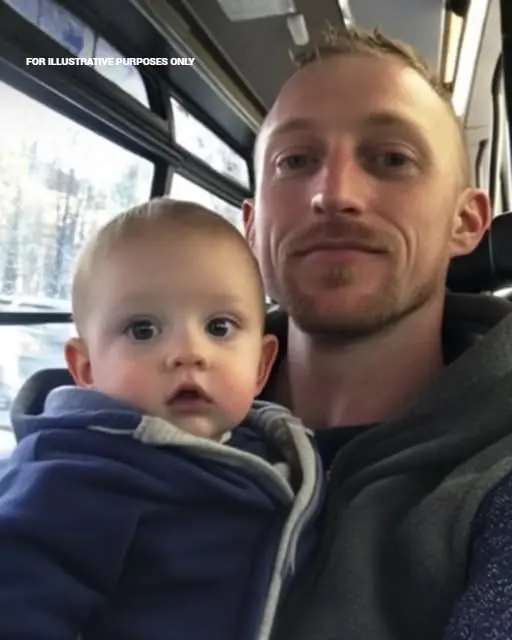
I Paid a Fortune Teller’s Bus Fare – The Note She Slipped Me Uncovered a Terrible Secret

My Husband Sent Me to Deliver Dinner to His Sick Mom – Then My Lawyer Called Urgently, Yelling ‘Turn Back Immediately!’
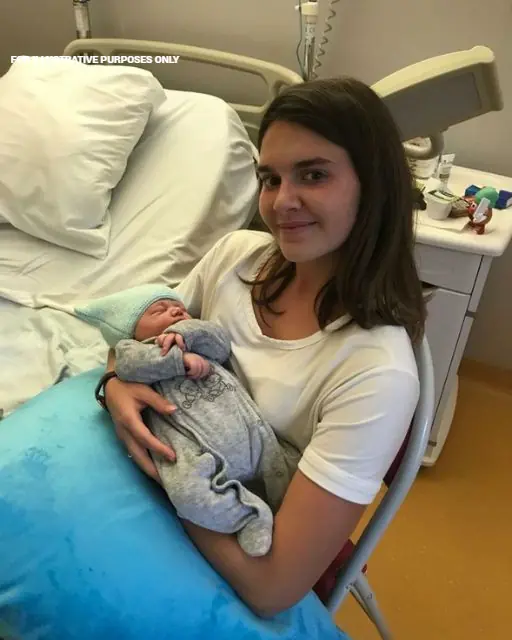
MY DAUGHTER HAD HER FIRST CHILD—AND TOLD THE NURSES NOT TO LET ME IN
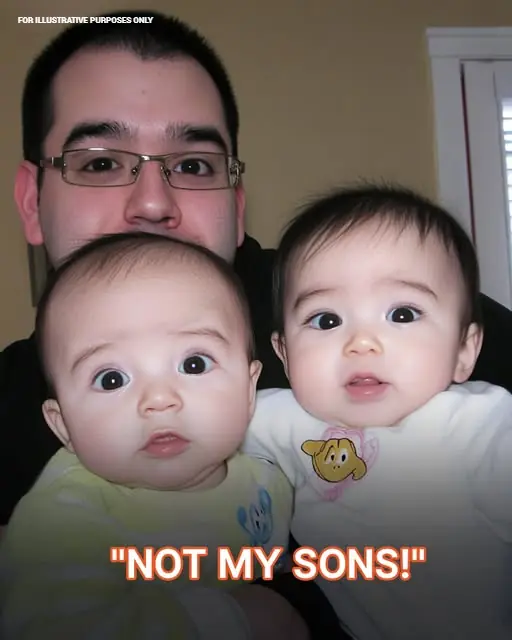
One of my boys got sick, so I took them both in for tests

I stopped by McDonald’s for a quick meal and overheard a mom talking to her little girl
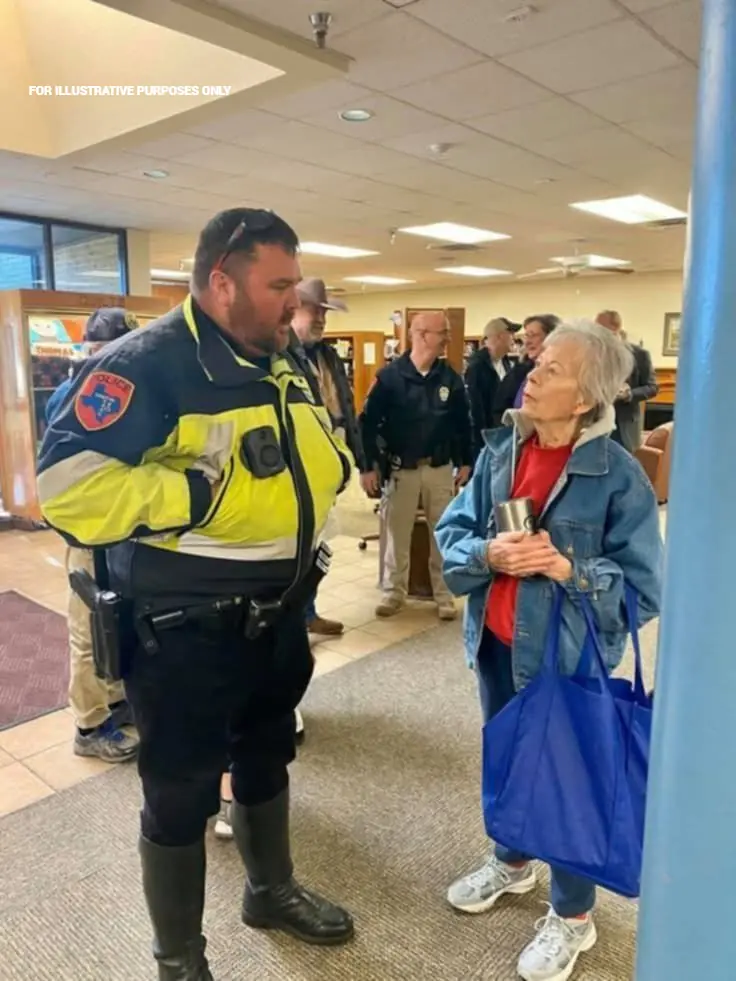
SHE KEPT SAYING “HE’S COMING BACK”—SO I STAYED
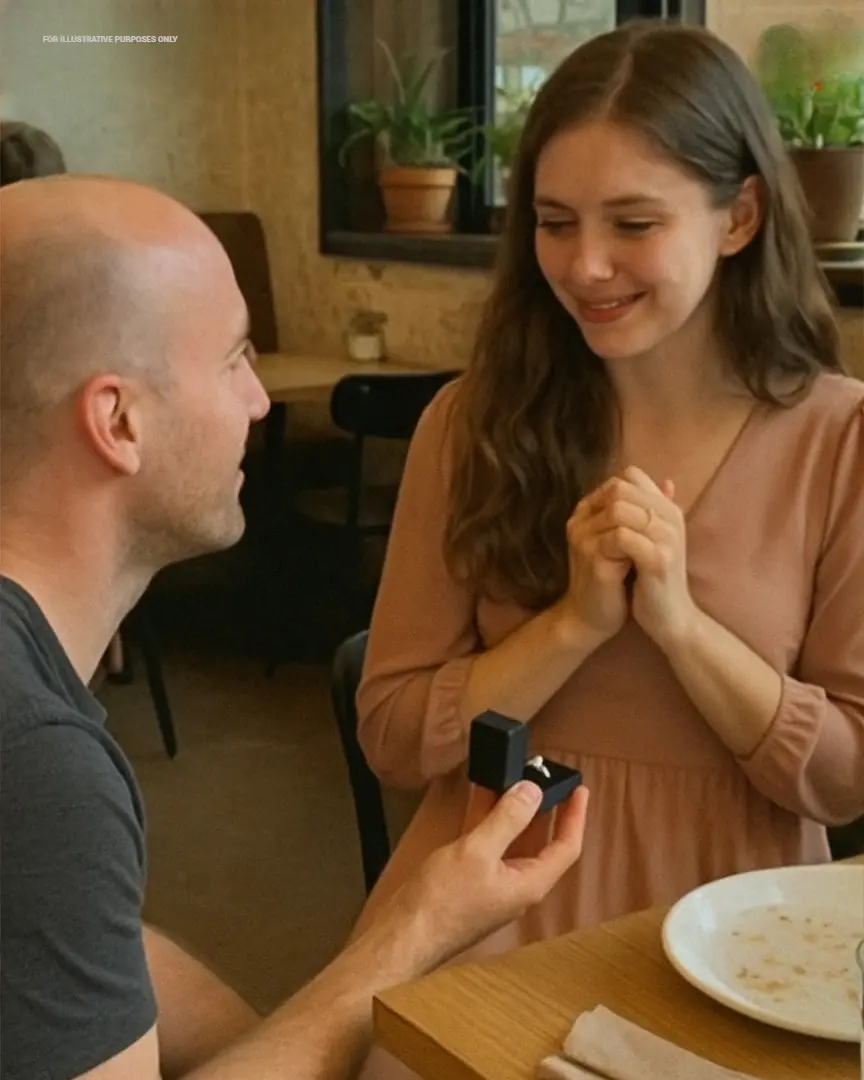
My Boyfriend Proposed Right After Seeing My Luxury Apartment—He Had No Idea It Was a Test

I’M A FARMER’S DAUGHTER—AND SOME PEOPLE THINK THAT MAKES ME LESS
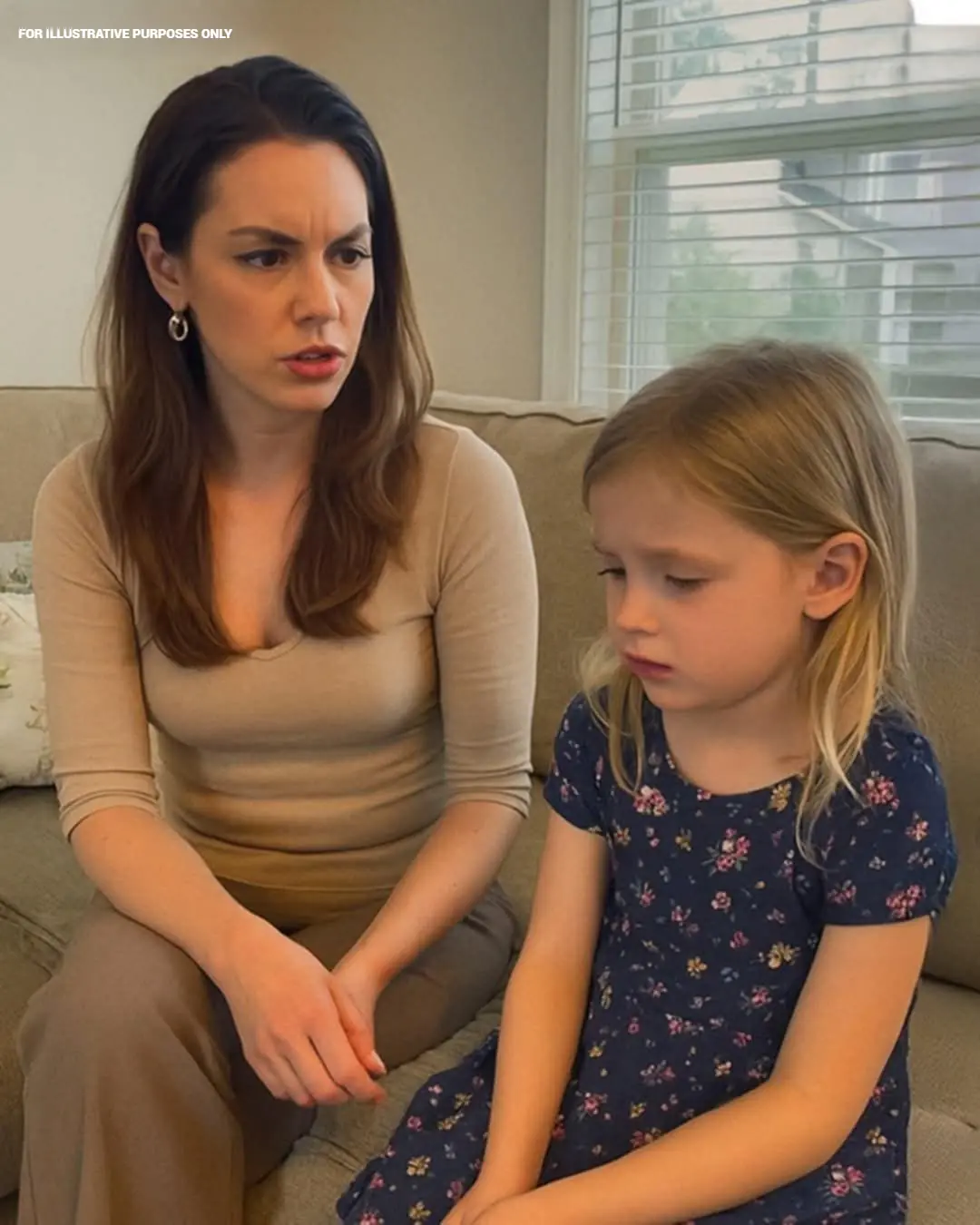
My Granddaughter’s Stepmom Was Stealing the Money I Sent Her — So I Made Her Pay for Every Lie

My husband came to take me and our newborn triplets home, but he told me to leave them at the hospital.
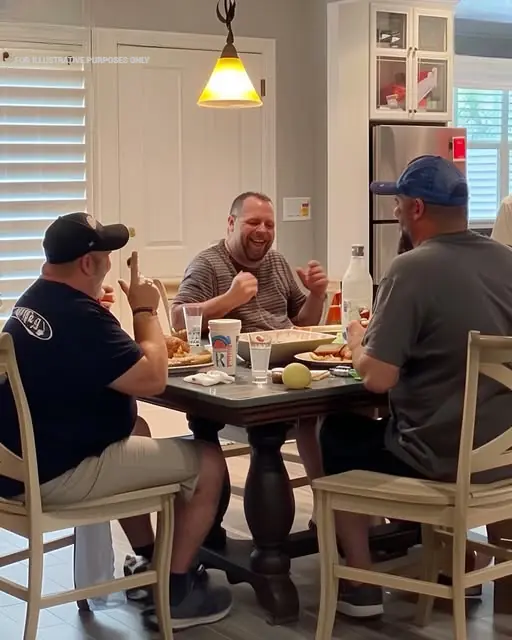
My Husband Canceled My Birthday Dinner So His Friends Could Watch the Game at Our House — He Regretted It
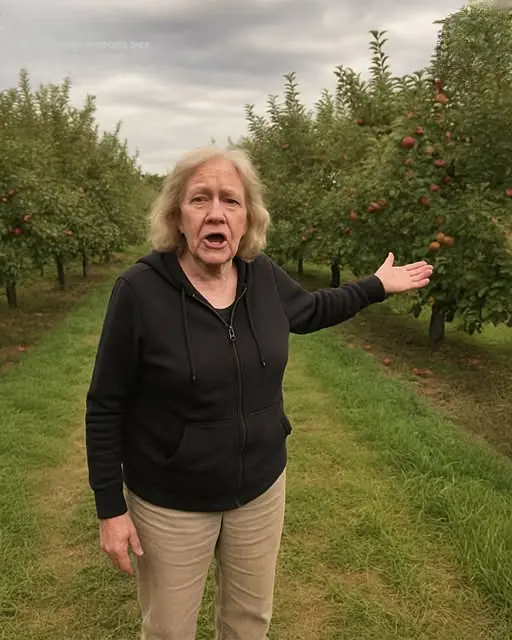
I Was Ready to Give Up on My Orchard – Until a Lonely Boy Reminded Me What Home Really Means

Little Girl is Caught Stealing, but When the Cashier Learns Why, She Makes an Unthinkable Decision — Story of the Day
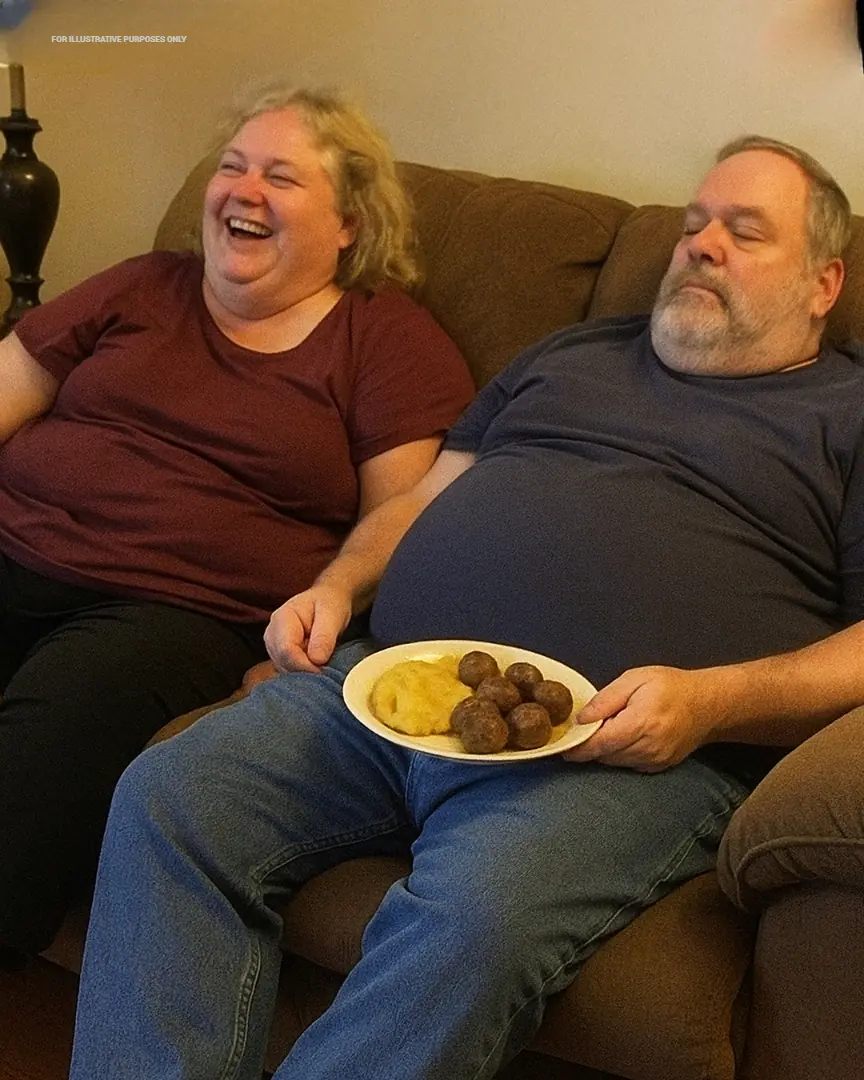
My Daughter's In-Laws Took the Money I Sent Her & Treated Her Like the Maid—I Made Sure They Knew It Was a Big Mistake

🌿 Ancient Herbal Infusion to Cleanse Your Kidneys and Eliminate Toxins
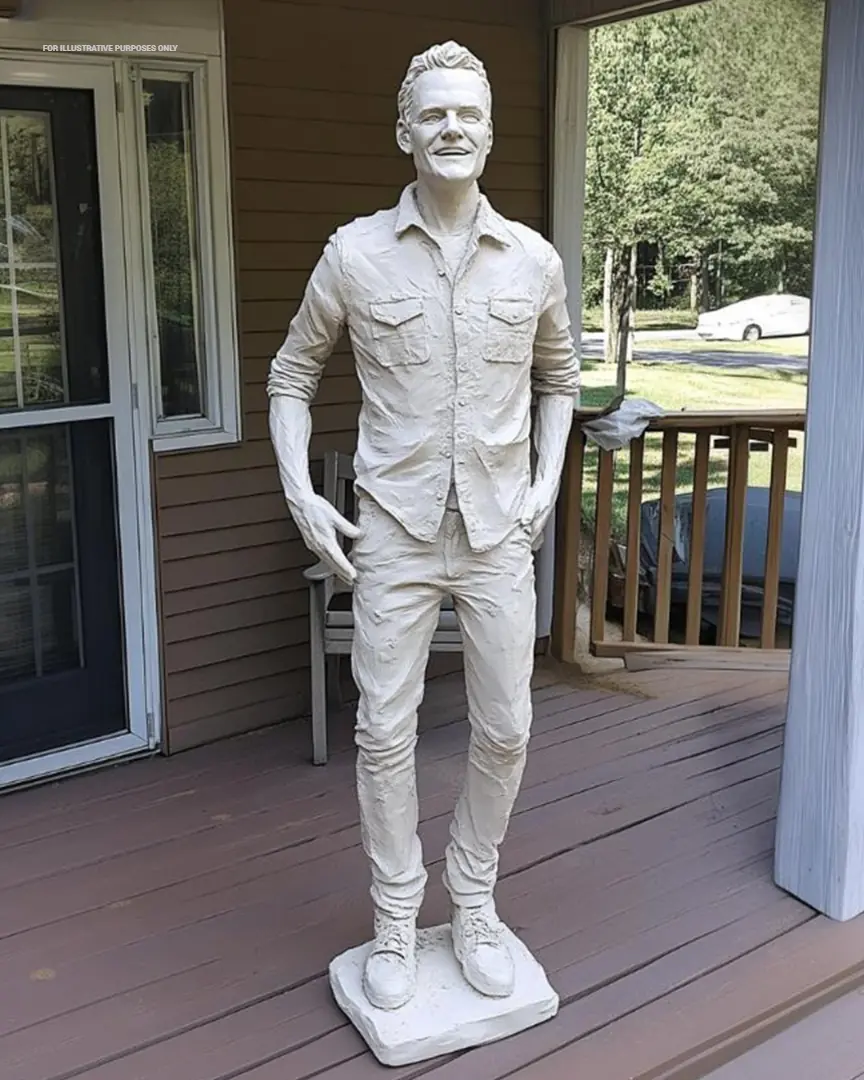
I Found a Life-Sized Statue of My Husband on Our Porch – the Truth Behind It Forced Me to Act
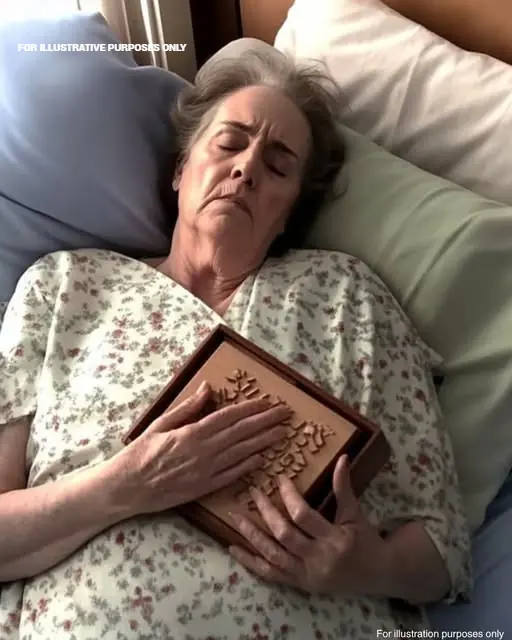
MY DYING NEIGHBOR CALLED ME AND ASKED ME TO VISIT HER URGENTLY – THEN GAVE ME HER SECRET WOODEN BOX
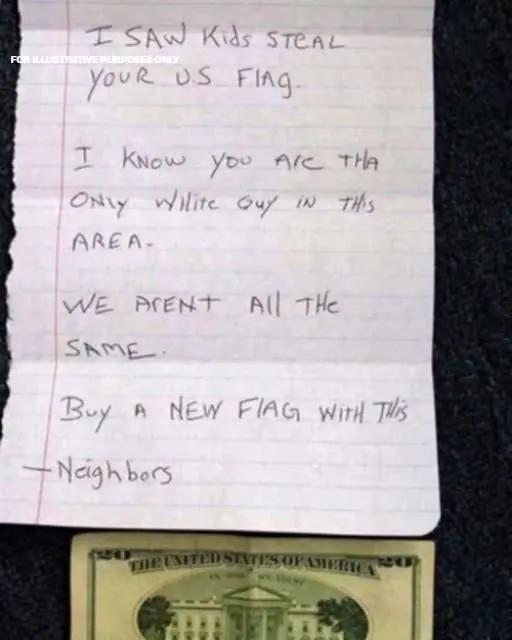
I WOKE UP TO FIND MY FLAG GONE—AND A $20 BILL ON MY DOORSTEP
News Post

4 types of people who should avoid eating cabbage

GRANDPA ASKED FOR ONE LAST FISHING TRIP—SO WE DROVE HIM OUT BEFORE THE HOSPITAL COULD CALL

The #1 Anti-Cancer Food You're Not Eating (But Should!)

Discover the Untapped Potential of Chili Pepper Leaves: Nutritional Powerhouse for Your Health and Kitchen

Plantar Warts and Skin Tags Disappear Overnight with this recipe

Whiten Your Teeth and Instantly Freshen Your Breath with the Natural Power of Ginger and Baking Soda

I died for six minutes and saw what happens after death… this is what I experienced

People left mind-blown after just realizing what Durex stands for and it's not what you'd expect

I Paid a Fortune Teller’s Bus Fare – The Note She Slipped Me Uncovered a Terrible Secret

Warning signs of a heart attack?

My Husband Sent Me to Deliver Dinner to His Sick Mom – Then My Lawyer Called Urgently, Yelling ‘Turn Back Immediately!’

MY DAUGHTER HAD HER FIRST CHILD—AND TOLD THE NURSES NOT TO LET ME IN

One of my boys got sick, so I took them both in for tests

How Smoking Weed Affects Your Body During a Workout

Thailand: Covid-19 re-emerges with more than 53,000 infections, 16 deaths

I stopped by McDonald’s for a quick meal and overheard a mom talking to her little girl

12 signs that may signal a brain aneurysm — Don’t ignore them

SHE KEPT SAYING “HE’S COMING BACK”—SO I STAYED

My Boyfriend Proposed Right After Seeing My Luxury Apartment—He Had No Idea It Was a Test
